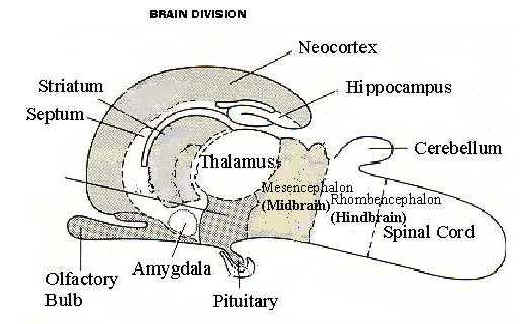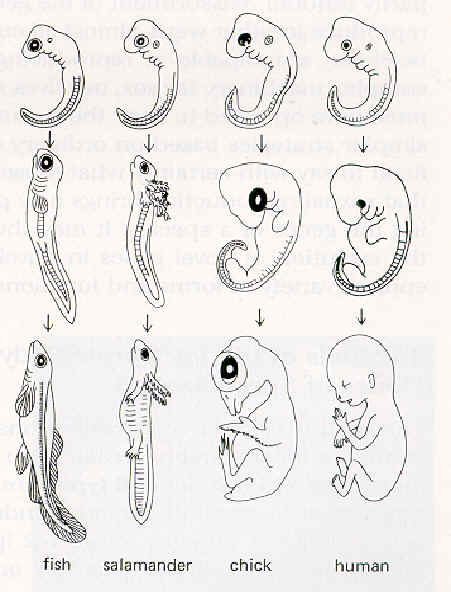
What is Humanity?
Humanity
demands the following PEACE,
SHELTER, FOOD, EDUCATION and FREEDOM. But
did our ancestors have the same yearning for things like education and freedom
as we do in our present stage of evolution.
More
importantly has the brain evolved to be an organ of reason or is it an emotional
and instinctive mass, finding reasons for its reflex or instinctive actions.
Recently , scientific researchers have announced that they have completed a draft of the master blueprint of a human being. The massive database of the tens of thousands of genes in the human body, collectively known as the genome, is the coding for life itself and there are claims and promises that this information will revolutionize medicine and improve our lives. However, the human genome project raises a host of ethical, medical and legal issues. Many of this issues are linked to our own perceptions of life itself and this perception is in turn linked to the brain structure, its development and the human mind.

1.
Evolution
of the brain (Homo-Sapian) and the Neanderthal
"The spirit lies dormant in the brute, and he knows no law but that of physical might. True paurusha, true bravery, consists in driving out the brute in us" Gandhi.
Our race (species) calling itself quite modestly Homo Sapien (Intelligent or thinking man) is supposed to have evolved from ape-like ancestors. It was believed that these included the Neanderthal man but recent research suggests that they were an independent species, more strongly built also intelligent like us. What seems to be emerging is that maybe our ancestors may have even played a part in their demise. This apparently was linked to our superior intelligence although other theories suggest other more extreme behaviours and darker sides of our nature were to blame.
Researchers suggest that they believe they have identified the parts of the human genome involved in developing a person's intelligence. They do so by comparing the genes of the DNA of 200 of the brightest kids in America to those of the genetic material from ordinary children. This means scientists could soon test the potential intelligence of new-born babies in theory but thankfully nature is not so simple. Such simple arguments do not take into account a lot of the environmental and social factors. There is still s lot of debate about this in the scientific community, known as the nature/nurture debate.
In this era of modern neuroscience and genetics a great deal of useful
knowledge actually comes from archeology, behavioral and social science,
philosophy, art and history. Even though neuroscience shows the brain
'Hardwiring' or circuits that control various aspects of body behaviour and
genetic studies show that complexes of genes, often across chromosomes, that
drive some of our heredity-based actions. The authors examine the genetic basis
of behavioral traits such as aggression, sexuality, mental function, and
alcoholism. They reject the idea that genes and environment are in opposition,
arguing that heredity shapes how we interpret our surroundings, which in turn
changes the very structure of our brain.
Fig. 1 Embryonic Development in Different Species: Note how similar all the embryos are.
